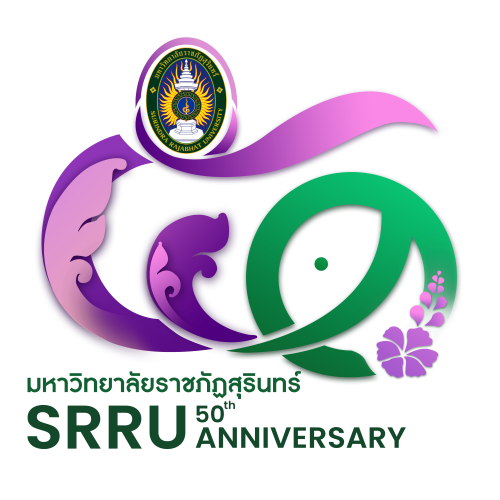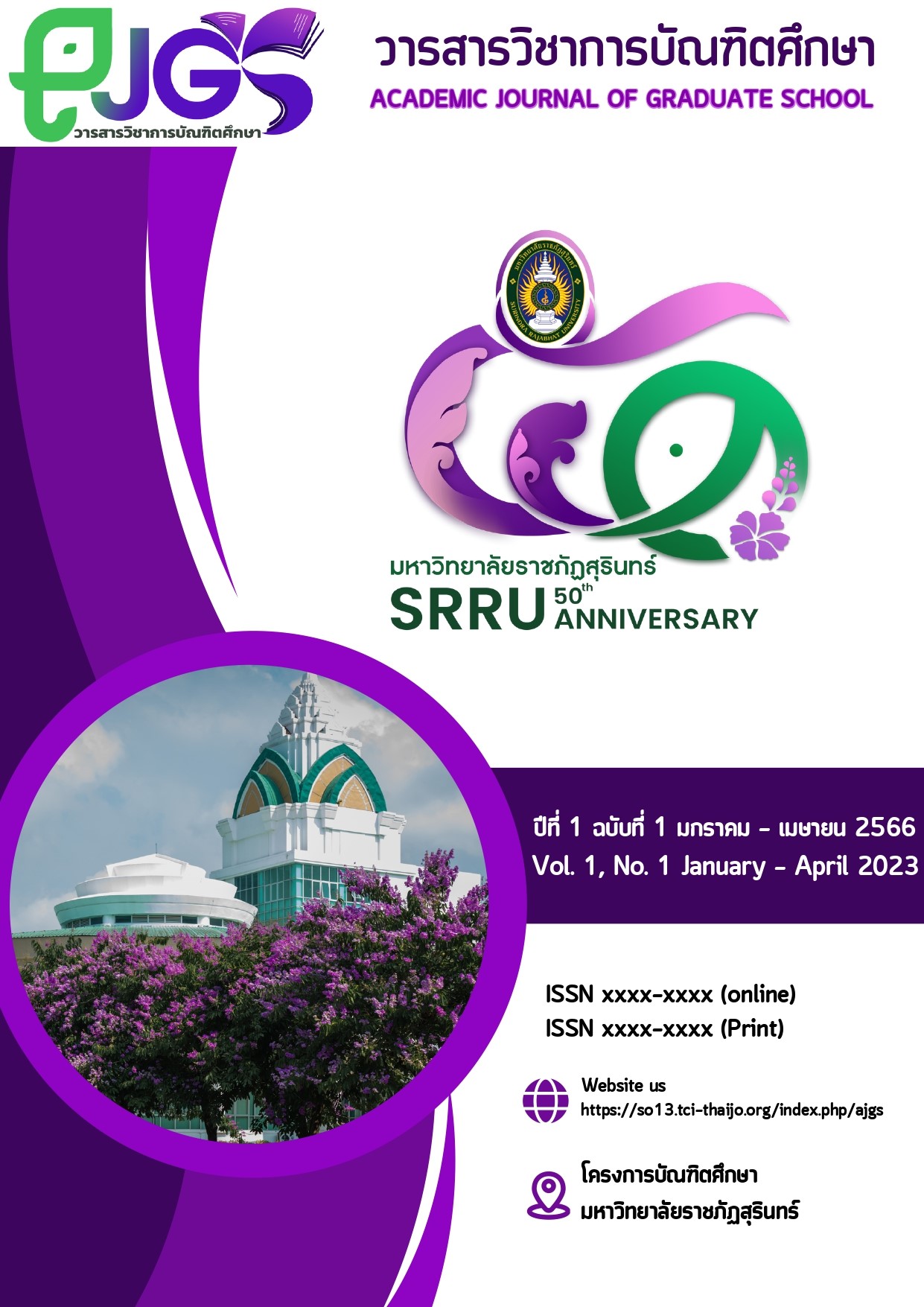CONCEPTUAL FRAMEWORKS AND THE EXPANSIVE SCOPE OF POLITICAL SCIENCE
DOI:
https://doi.org/10.65205/ajgs.2024.1197คำสำคัญ:
Conceptual Frameworksบทคัดย่อ
The conceptual frameworks and broad scope of political science are examined in this paper, along with the fundamental theories, techniques, and strategies that support the study of politics in all of its forms. We examine the interdisciplinary nature of political science and its implications for comprehending governance, power dynamics, social change, and policy-making processes by drawing on insights from normative political theory, comparative politics, international relations, public policy analysis, political methodology, political economy, and political sociology. By analyzing diverse conceptual frameworks and methodological techniques, we aim to enhance our comprehension of intricate political phenomena in diverse settings, areas, and eras. Political scientists can address urgent societal issues, support evidence-based policymaking, and advance the field's body of knowledge by utilizing interdisciplinary perspectives and analytical tools. In the end, this essay emphasizes the value of conceptual frameworks and the broad field of political science in enhancing our comprehension of politics and governance and encouraging civic engagement and democratic government.
เอกสารอ้างอิง
Bardach, E., & Patashnik, E. M. (2015). A practical guide for policy analysis: The eightfold path
to more effective problem-solving (5th ed.). CQ Press.
Baylis, J., Smith, S., & Owens, P. (2017). The globalization of world politics: An introduction to
international relations (7th ed.). Oxford University Press.
Brady, H. E., & Collier, D. (Eds.). (2010). Rethinking social inquiry: Diverse tools, shared
standards. Rowman & Littlefield.
Cohen, B. J. (2008). International political economy : An intellectual history. Princeton
University Press.
Cox, R. H., & Mudde, C. (Eds.). (2020). Political sociology. Oxford University Press.
Dunn, W. N. (2017). Public policy analysis: An introduction (6th ed.). Routledge.
Gerring, J. (2012). Social science methodology : A unified framework (2nd ed.). Cambridge
University Press.
Gilpin, R. (2001). Global political economy: Understanding the international economic order.
Princeton University Press.
Hague, R., & Harrop, M. (2013). Comparative government and politics : An introduction (9th
ed.). Palgrave Macmillan.
Heywood, A. (2013). Politics (4th ed.). Palgrave Macmillan.
Keohane, R. O., & Nye, J. S. (1977). Power and interdependence : World politics in transition.
Little, Brown.
King, G., Keohane, R. O., & Verba, S. (1994). Designing social inquiry: Scientific inference in
qualitative research. Princeton University Press.
Lijphart, A. (2012). Patterns of democracy : Government forms and performance in thirty-six
countries. Yale University Press.
Lijphart, A. (2012). Patterns of democracy: Government forms and performance in thirty-six
countries. Yale University Press.
Mann, M. (1993). The sources of social power: Volume 2, the rise of classes and nation-states,
-1914. Cambridge University Press.
Rawls, J. (1971). A theory of justice. Harvard University Press.
Stiglitz, J. E. (2000). Economics and politics in the era of globalization. American Economic
Review, 90(2), 1-12.
Tilly, C. (1999). Durable inequality. University of California Press.
Waltz, K. N. (1979). Theory of international politics. McGraw-Hill.
Weimer, D. L., & Vining, A. R. (2017). Policy analysis: Concepts and practice (6th ed.).
Routledge.
ดาวน์โหลด
เผยแพร่แล้ว
รูปแบบการอ้างอิง
ฉบับ
ประเภทบทความ
สัญญาอนุญาต

อนุญาตภายใต้เงื่อนไข Creative Commons Attribution-NonCommercial-NoDerivatives 4.0 International License.
























